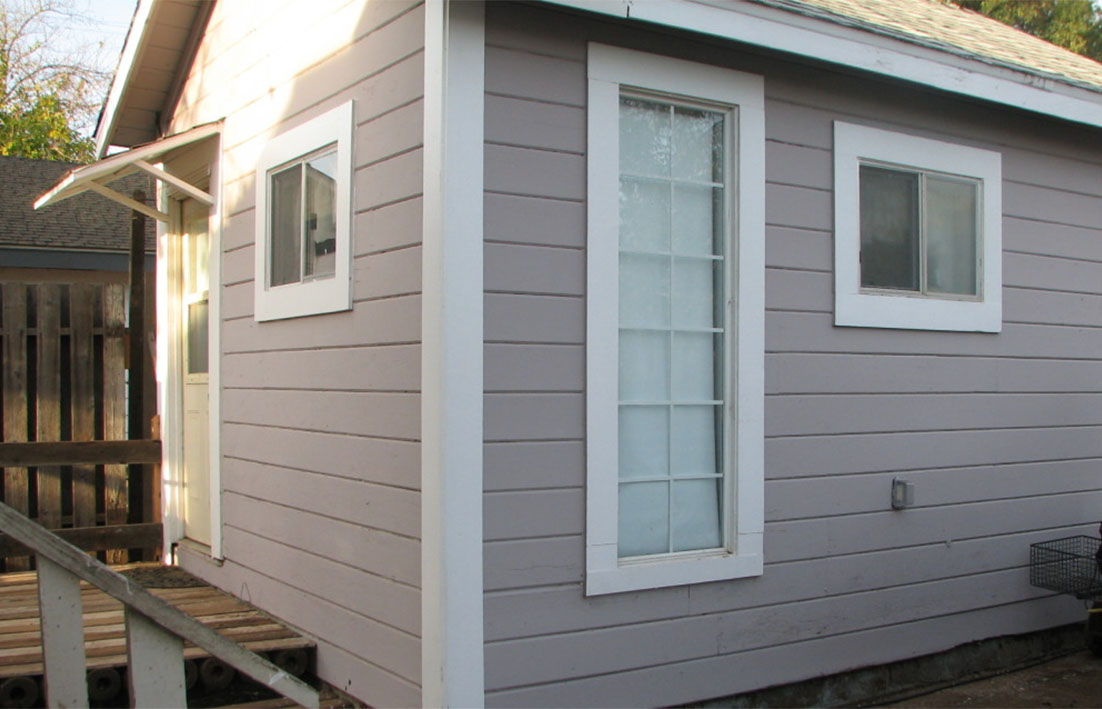
WEEKS before the state government’s relaxed residential design codes (R-codes) are set to come into effect, the Western Australian Local Government Association President Karen Chappel says the recent planning changes to granny flat compatibility are a short-sighted decision that further erodes the role of local government.
“We all want to see more housing, but this decision, made without consultation or any other demonstrable evidence that it will, in fact, make a significant difference to the current housing shortage,” Ms Chappel said.
“I really don’t think the community wants to see dongas and sea containers in front or backyards.”
The decision she is referring to is the state governments relaxed R-codes, which are set to be gazetted and become operational on April 10, according to the Department of Planning, Lands, and Heritage.
The relaxed R-codes were announced by Planning Minister John Carey at the end of January, who at the time said the government was doing everything it could to bolster housing supply.
But Ms Chappel said the on-going erosion of the role of local governments in planning and approvals could have long-term negative impacts.
“Local government supports planning reform and changes to the medium density code that delivers quality developments and greater diversity of housing stock,” she said.
In Council caveats on state’s granny flat exemption it was reported that while the R-codes are set to be relaxed, rural-zoned residents may still need to seek council approval to put a granny flat on their property despite the state government’s relaxed regulations.